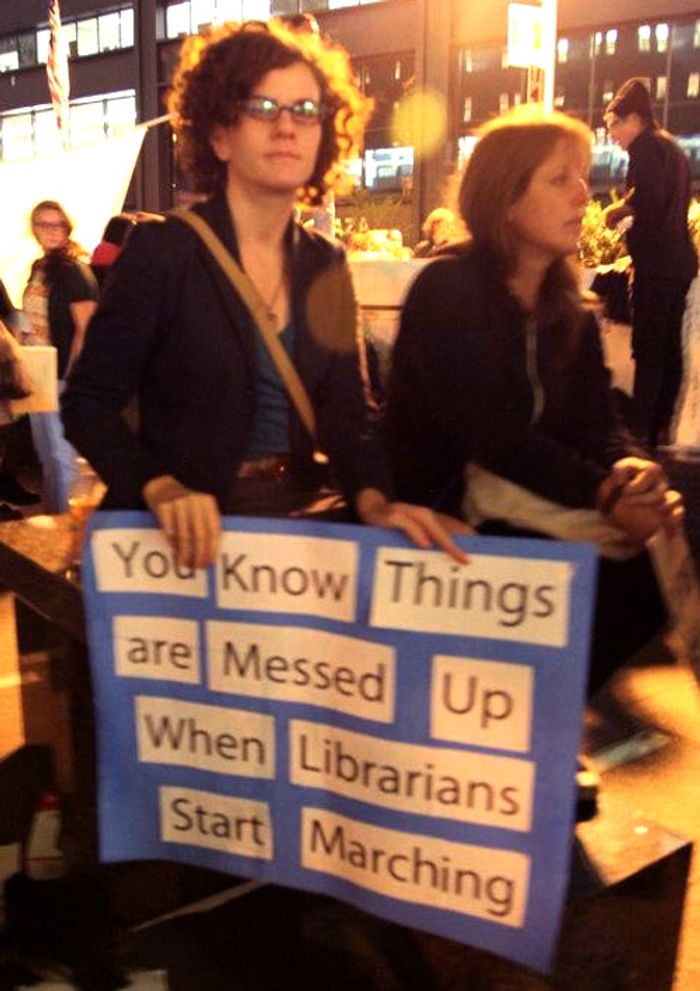
Ruminating on these topics with my husband Dan Phiffer on our morning run, we came to the conclusion that in addition to dropping our reliance on the outmoded concept of “nature” as Morton suggests, perhaps we also need to dispense with the term “activist”. This might help people like me further embrace the idea that we all have a role to play in facing the challenges ahead. (emphasis added)
Timothy Morton argues that the term “nature” ignores the fact that humans are increasingly a central part of ecological systems, and it doesn’t make sense to draw some boundary between “nature” and “non-nature.” Maintaining a false romantic ideal holds us back from taking responsibility for the habitat us human creatures rely on. And also from seeing how natural systems (no scare quotes!) permeate our urban spaces. This is an ongoing theme in Ellie’s art practice.
Rejecting the term “activist” just takes the shape of Morton’s argument and applies it to something I’ve observed in Occupy Wall Street, and more recently in protest movements like Stop Watching Us. I’ve been seeing a lot of people out protesting for the first time. Which makes me really hopeful! Activism is really just one aspect of civic life, it doesn’t need to be restricted to specialists. Just as one need not self-identify as an “artist” to make a good drawing, calling oneself an “activist” also doesn’t imply a life dedicated to fighting injustice.
But much as there are those who make their livelihood from art, the practice of activism often depends on full-time organizers whose work is sorely needed in the world (which is also the case with artists, I say). I want to avoid emptying the idea of activism of meaning, and instead just flip a small linguistic switch. Striking “activist” from one’s vocabulary just insinuates it within the standard set of Things That Are Done, rejecting the implication that practicing activism deserves a special label. One of the small victories of OWS is that “non-activists” are totally welcome to the rally. Of course we always were, but now we’re growing in numbers. We are ideological creatures, we might as well think like it!